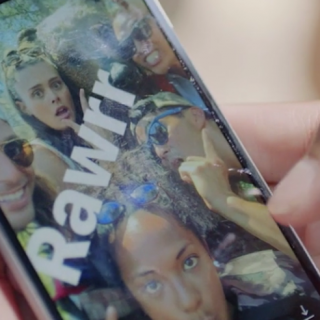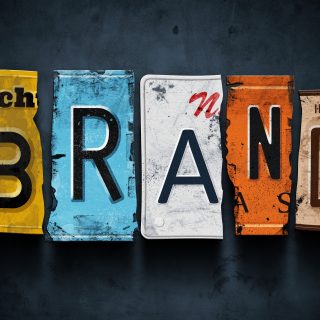Last month Alistair Dent, Head of Product Strategy at Displaying Ads UK, put together this piece on Facebook’s F8 developer conference. Our friends at The Wall published the article, which you can check out below.
Facebook’s F8 developer conference delivered several interesting announcements this year.
Of the major announcements, Facebook videos becoming embeddable is, to me, the most interesting change. This is something that brands and users have clamoured for, and has been one of the biggest distinctions between Facebook and YouTube.
Facebook videos will get a much more impactful format on the site. Instead of little thumbnails that drive users to another site where they can be watched, native Facebook videos will get full bleed prominence, and sometimes auto play.
By making those videos embeddable, brands can go’ all in’ on Facebook as a video platform. One that also allows (even encourages) quick sharing, clickable overlays, linking to an advertiser’s website, or even linking directly to pre-filled shopping carts. This kind of innovation is hugely attractive for brands and could lead directly to better performance.
Besides this, perhaps the other four announcements most of interest to marketers were the news that LiveRail (Facebook’s platform enabling publishers to monetize apps and sites) will now serve mobile display ads; the launch of Facebook Analytics for Apps; a move to open up the marketing APIs to developers and an update to App Ads Helper.
Besides specific updates, Facebook also discussed areas they are committed to going forward. Some of these genuinely have the potential to drastically change how we interact with each other and our environment.
I’m referring to Facebook’s huge investment in virtual reality, for example. It may seem gimmicky right now, but with the backing of a company with the vision and capital of Facebook, we can expect to see those technologies survive through the gimmicky phase, the confusion, the ridicule.
I predict the tech will be ready and waiting when a real and powerful use cases arrives. As I mentioned, Facebook also opened up Messenger to developers, so that other apps can use that technology platform for communication, and enhance the user experience within Messenger.
Here’s an example to illustrate this more clearly. If I’m using Messenger to talk to my wife about how to get to the theatre tonight, it’s genuinely helpful to me if Uber can insert a message with a predicted journey duration, price, and the time I should leave my office. Brands that treat Messenger as a passive and, importantly, genuinely helpful communication tool, will find a better experience and usage than brands that try to view it as another marketing channel.
So whilst perhaps there were no announcements that sent the proverbial ‘shockwaves’ through the community, the most recent F8 brought us several genuinely useful advancements that marketers will be looking to quickly react to and utilise in the coming months.



